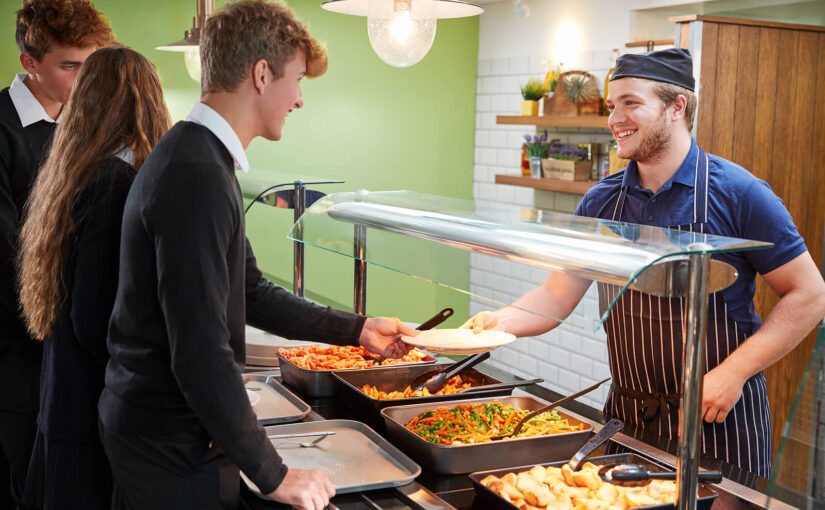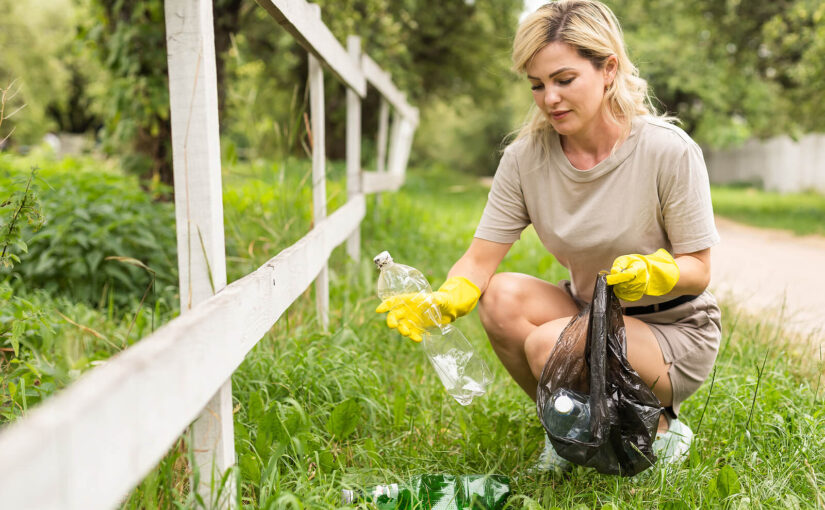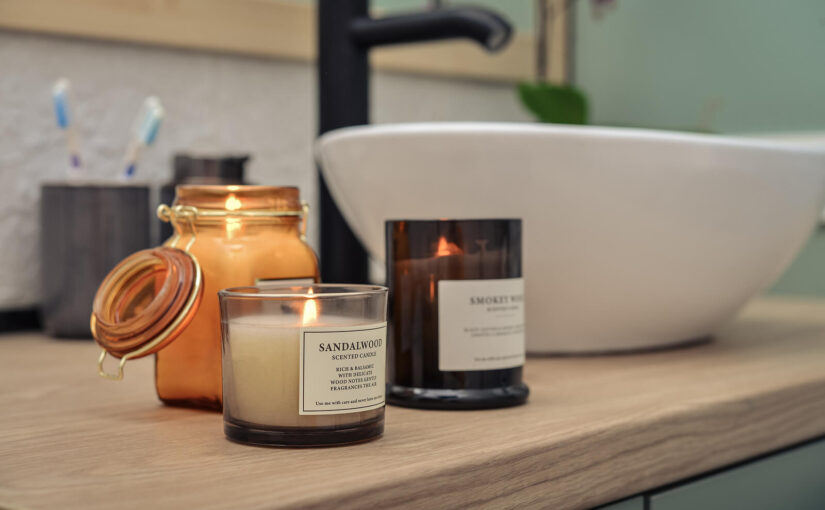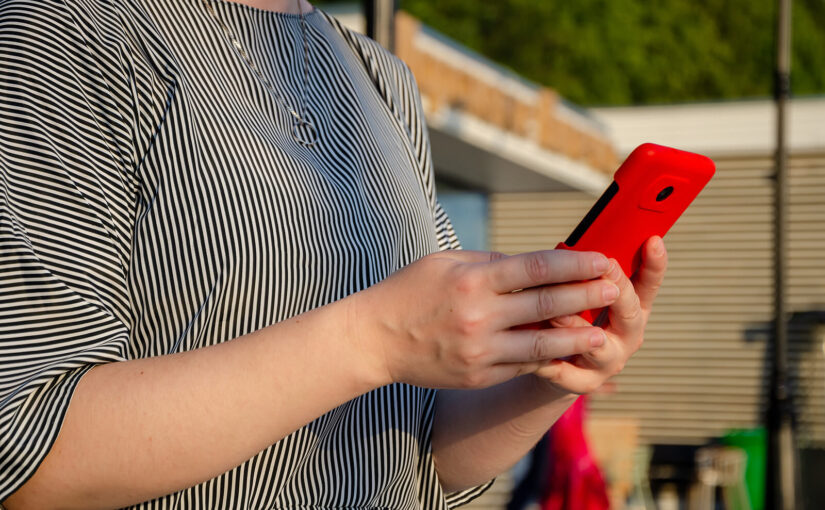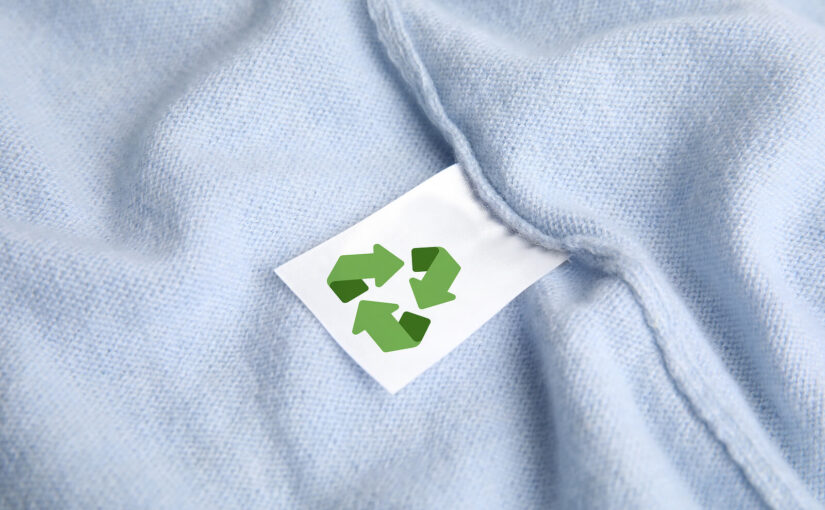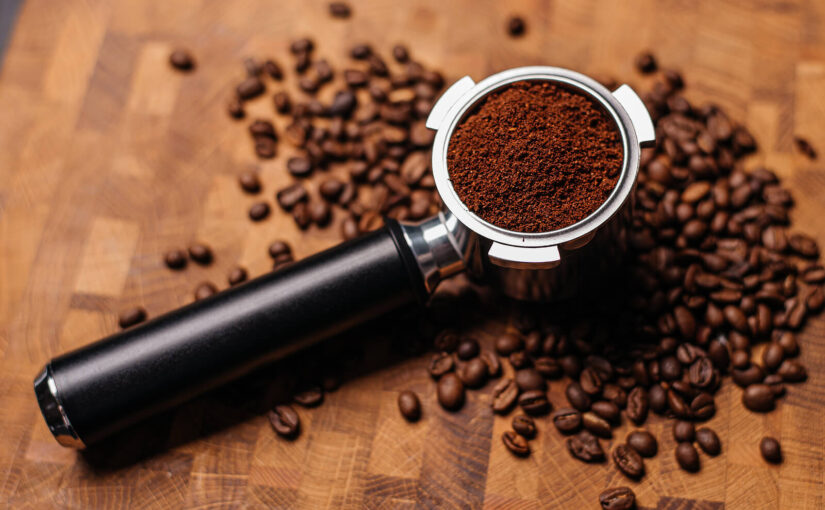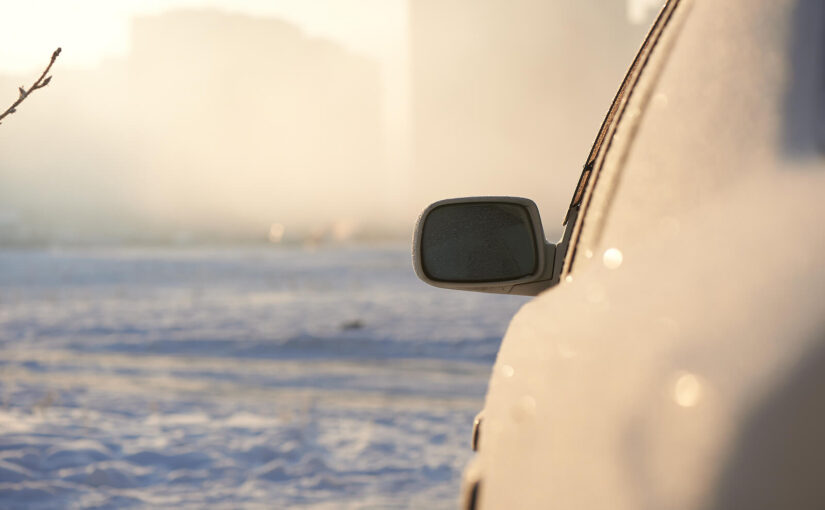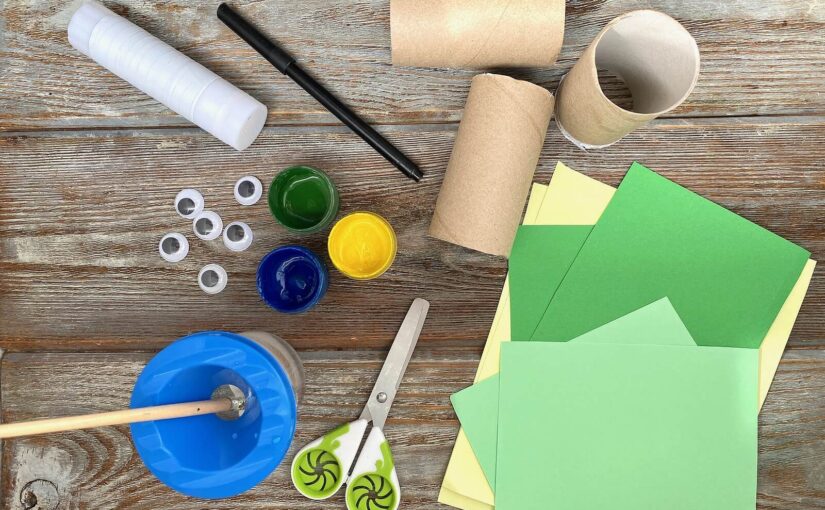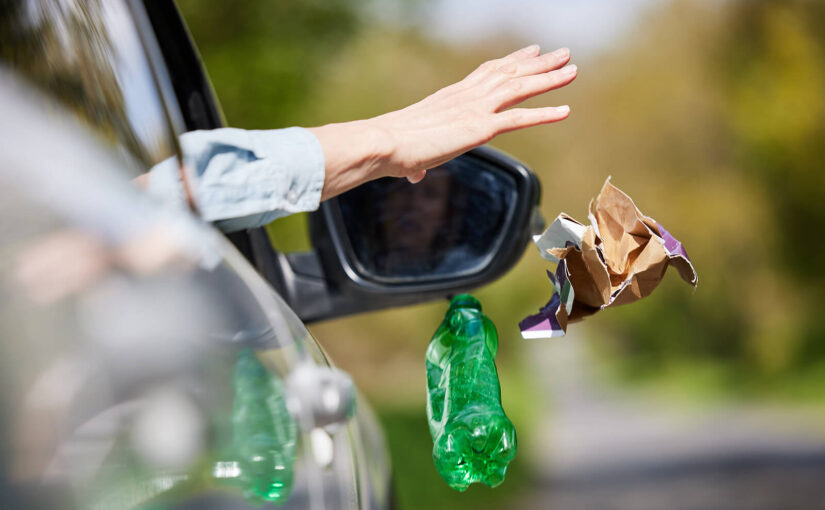As parents, it’s crucial that we teach the concepts of reuse and recycling early on to our children, and what better way to do so than through fun kids’ craft ideas that reuse waste items?
In this blog post, we’ll explore four easy upcycling ideas for kids that they will love – from fairy houses to blossom-covered trees.
These upcycling ideas for children are perfect for a rainy day when you’re stuck indoors, need to keep the kids entertained, and want them to learn something.
Depending on your child’s age, you could boost the educational aspect of the projects by sitting with them and talking to them about the materials they are using — what their original purpose was, and why it’s important to consider every purchase carefully and reuse waste where we can.
Before we jump into the ideas, here’s a quick safety note. Please supervise your children at all times when crafting and help them, as required, when they are using scissors, glue, and other potentially dangerous items.
With that said, let’s get eco-crafting!
Continue reading 4 exciting upcycling ideas for kids
